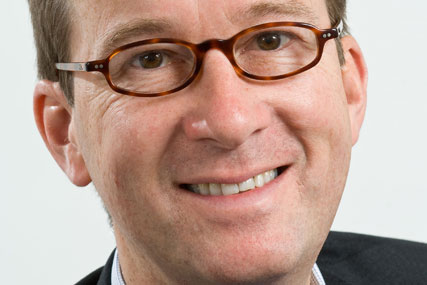
Carter is putting the final touches to the Government's Digital Britain report, which aims to ensure future growth across the communications, technology and broadcasting sectors.
Speaking today at the Westminster eForum Keynote Seminar: Digital Britain, Carter highlighted the need for what he termed viable, alternative content providers to the BBC.
Ofcom will soon publish its final report into the future provision of public service content. While being careful not to prejudice that report, Carter warned that the current PSB system "is not viable".
He said: "If we do care - and we as a government certainly do, then you have to come up with some answers. We should have a strong, fully funded BBC acting as an enabler and a cornerstone of the PSB sector." He added that it is vital for a strong alternative to the BBC to be viable in the long term.
In recent months, the debate over the future provision of PSB content, including Channel 4's future funding, has come to the fore.
Earlier this week, BBC director-general Mark Thompson suggested that Channel 4 could merge with Five to secure its future - a move reportedly favoured by Carter.
Meanwhile, the BBC has proposed to share its technology and R&D to help the commercial sector provide PSB content in the future. Others have argued for some of the BBC's licence fee to be shared among commercial players.
Carter, however, was tight-lipped on the Government's plans for helping Channel 4 and the wider commercial sector. He did, however, add: "Given that this is supposed to be one of our most creative sectors, it is often one of the most conservative sectors when it comes to looking at future solutions."
The Digital Britain report is due to published before the end of the month. Culture secretary Andy Burnham will later this month outline the Government's position on the future provision of PSB. Both pronouncements will shape government policy, and potentially, a future Communications Act.
Carter is now a central figure in guiding government policy on the media and communications sectors. Appointed last year by Prime Minister Gordon Brown as Minister for communications, technology and broadcasting, Carter reports to both culture secretary Andy Burnham and business secretary Lord Mandelson.
Among other issues, Digital Britain will consider future broadband development, digital radio, investment in content and media literacy.



_1.jpg)
.jpg)
